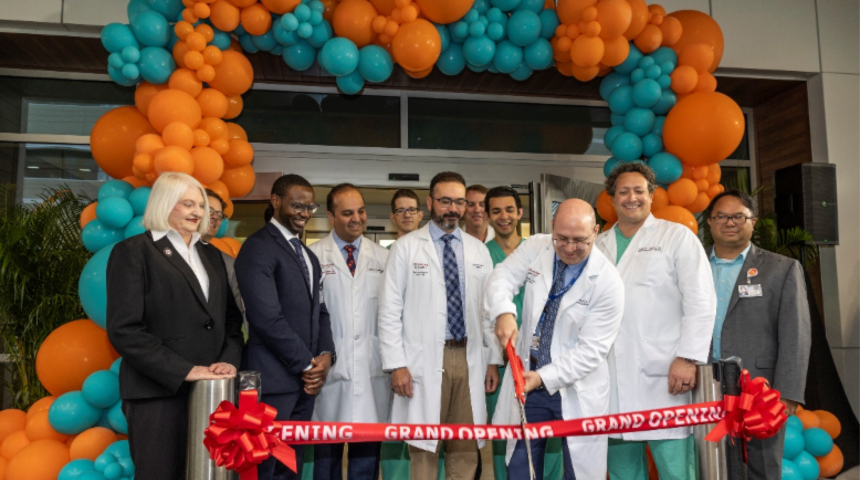A numbness in your hand that goes away. A sudden pain when moving your eyes or blurred vision. The symptoms may be initially concerning, but as long as they go away, there’s no need to worry, right?
While those symptoms could just be a temporary hiccup in your system, they could also be signs of a more serious autoimmune disease called multiple sclerosis, or MS.
Understanding MS
Autoimmune diseases occur when the body mistakes its own tissue for the enemy and begins attacking it. In the case of MS, the disorder causes the immune system to create inflammation in the central nervous system, which is comprised of the brain and the spinal cord. The inflammation damages areas of the central nervous system, creating lesions or scars. This scarring (which in Latin is the word sclerosis) causes a variety of neurological symptoms.
Symptoms may vary depending on what area of the central nervous system is attacked. Because the symptoms may be mild and go away on their own, they are often ignored. However, the earlier you begin treating MS, the better chance you have of limiting the damage or development of lesions, thereby minimizing symptoms and progression of the disease.
MS is more common in women, who are most likely to be in their mid-20s to mid- 40s when they develop symptoms and get diagnosed. Scientists don’t know what causes MS, but think it could be triggered by a combination of immunologic, environmental, infectious and genetic factors.
MS Symptoms
In addition to vision problems and numbness or tingling of the hands and face, the National MS Society says MS patients commonly have some of these additional symptoms:
- Fatigue, which occurs in 80 percent of those with MS

- Weakness caused by deconditioned muscles
- Dizziness or vertigo
- Problems with walking or gait
- Stiffness or muscle spasms, particularly in the legs
- Bladder control problems, which can occur in 80 percent of people
- Bowel problems
- Emotional changes
- Cognitive changes, i.e., processing information
- Depression
Types of MS
Two major types of multiple sclerosis exist, relapsing remitting MS and progressive MS. The majority of patients have relapsing remitting MS: symptoms may come and go over time. However, even if symptoms aren’t obvious, the damage from the inflammation still remains.
Progressive MS is a more aggressive form of the disease. Symptoms don’t tend to go away, but tend to compile. Progressive MS is more likely to occur in men than women and affect the spinal cord more than the brain.
Treatment for MS
The symptoms of MS may be daunting, but advances in treatment can address many of these symptoms. Early diagnosis and treatment are key. Because the symptoms can be vague, people may wait years before going to the doctor for a diagnosis, and during that time, damage to the central nervous system has occurred.
In the last 20 years, a variety of treatments have been developed that are extremely effective at modulating the immune system to stop it from attacking the central nervous system. These treatments include injections, pills and IV infusions, all with the goal of decreasing relapses, decreasing lesions on the brain or spinal cord, and delaying or preventing disability.
An additional part of treatment is maintaining a healthy lifestyle: eating a healthy diet, exercising, staying positive and using rehabilitation services as needed to stay active and to learn how to compensate for any muscle weakness or imbalance.
MS is a chronic, unpredictable disease, but with early detection and consistent treatment, those with MS can manage their symptoms long term, living otherwise healthy, active lives.
Do you want to learn more about multiple sclerosis symptom management?
The Multiple Sclerosis Comprehensive Care Center's mission is to help patients and their families gain access to the best disease treatment, symptom management and rehabilitation services available. Request an appointment with an Orlando Health specialist today.
Learn More










